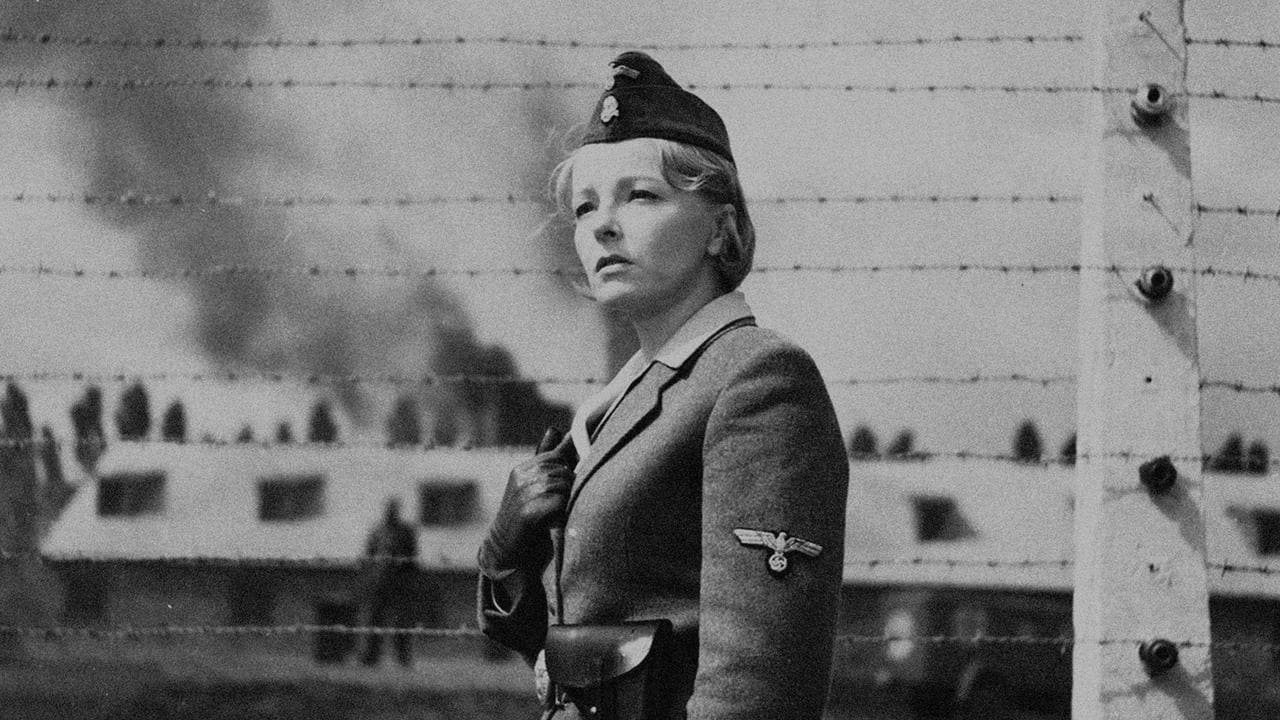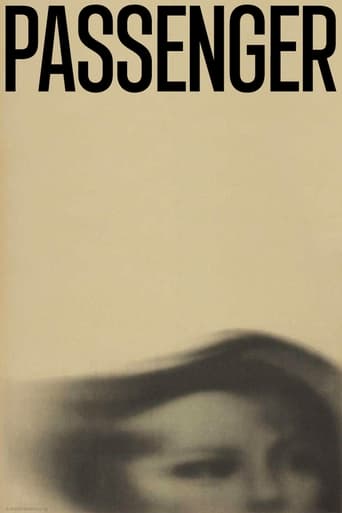

Wonderfully offbeat film!
... View MoreAm I Missing Something?
... View MoreThe movie is wonderful and true, an act of love in all its contradictions and complexity
... View MoreTrue to its essence, the characters remain on the same line and manage to entertain the viewer, each highlighting their own distinctive qualities or touches.
... View MoreI found this Polish film in the 1001 Movies You Must See Before You Die book, I read that the director Andrzej Munk was partway through making this film, when he was killed in a car crash, Witold Lesiewicz completed the film with the footage available and imagery. Basically German woman Liza (Aleksandra Slaska) is coming back to Europe on a transatlantic ship, she has recollections from the past come back to she notices and recognises the face of another woman, Marta (Anna Ciepielewska). Liza is married, she explains to her husband that during the Second World War that she been an overseer at Auschwitz concentration camp, but she also says that she has saved the life of Marta, a former inmate at the camp. Also starring Jan Kreczmar as Walter, Irena Malkiewicz as Oberaufseherin Madel, Leon Pietraszkiewicz as Commandant Lagerkommandant Grabner and Janusz Bylczynski as Capo. The film is made up of the remaining footage filmed by the director before his death and still images from the true events, it certainly delivers the message that the Holocaust may belong to history, but it will never be forgotten, the camp sequences are certainly horrific, overall it was an interesting enough incomplete documentary style wartime drama. Worth watching!
... View MoreWhat the hell is this? I can appreciate a good avant-garde film but this just takes the mickey. Firstly its only half a film because unfortunately the director died before it was complete, there's hardly any dialogue and it kinda just jumps all over the place. Cinematicly its brilliant but the content isn't so good. I would direct people to 'Fateless' which is a much better independent Hungarian film. Yes I appreciate it was made in the 1960s at a time where there wasn't hardly any films on the subject of the holocaust and in that context then I would say its pretty ground breaking, however, i think audiences are harder to please these days and so you might end up just a little confused wondering why you spent the last hour on this film.Don't bother watching this unless you have no other options. I can't believe i wasted £10 on this.
... View MoreThis is an incomplete deeply moving masterpiece. The scenes of Auschwitz are disturbing, of course, but more so set against a genuine human drama involving two women on opposite sides of this evil situation. We see how the best of human sensibility can be drawn out in the worst evil places. We witness mixed motives on the part of our overseer of prisoners. Why is she protective of this one concentration camp victim? We see her drawn to the beauty and the power of this simple woman victimized by this idiotic Nazi policy of confinement. She is also conflicted regarding this simple woman's love for her fiancee, a fellow prisoner.This is a situation where you can genuinely regret the cruel fate that would deny us this completed film which is so powerful even in the truncated form completed by his colleagues after Munk's death. See this film if you can get a chance.
... View MoreIt's difficult to make an accurate assessment of this film because it's incomplete. In fact, it's far from complete. Still, from the pieces of what is left we can see that "Passenger" may well have turned out to be a masterpiece. Like Jean Vigo, Andrzej Munk was considered a cinematic genius who died too soon (in a car crash in 1960). Munk is less well known than Vigo but he is still important, especially in the development of Polish film. "Passenger" is the story of a German woman on a cruise-liner who catches a glimpse of who she believes to be a Jewish girl she was in charge of at a concentration camp during the war. She recounts to her husband in flashback the story of how she tried to protect the girl from her vicious captors. Later on though, in another flashback, we see what really happened: the woman was not the girl's protector, but a sadist who relished her position of authority and her control over the lives of the prisoners she guarded. The cruise-liner scenes are all done using still shots with a narrator (or, the "restorer" of the film) trying to decipher how exactly Munk intended to piece the film together, while the flashback scenes are actual moving images, shot in fine black and white widescreen compositions. As the "narrator" tries to understand the film, what it would have become, so do we as viewers. In this way the film itself becomes perhaps even more labyrinthine than it would have been had Munk completed it, and we have an added level of mystery that is as frustrating as it is exciting. The incomplete film entices us to guess how it would have turned out, and while its certainly not a substitute for the completed film, this fragmented "Passenger" is brilliant and tantalizing nonetheless.
... View More